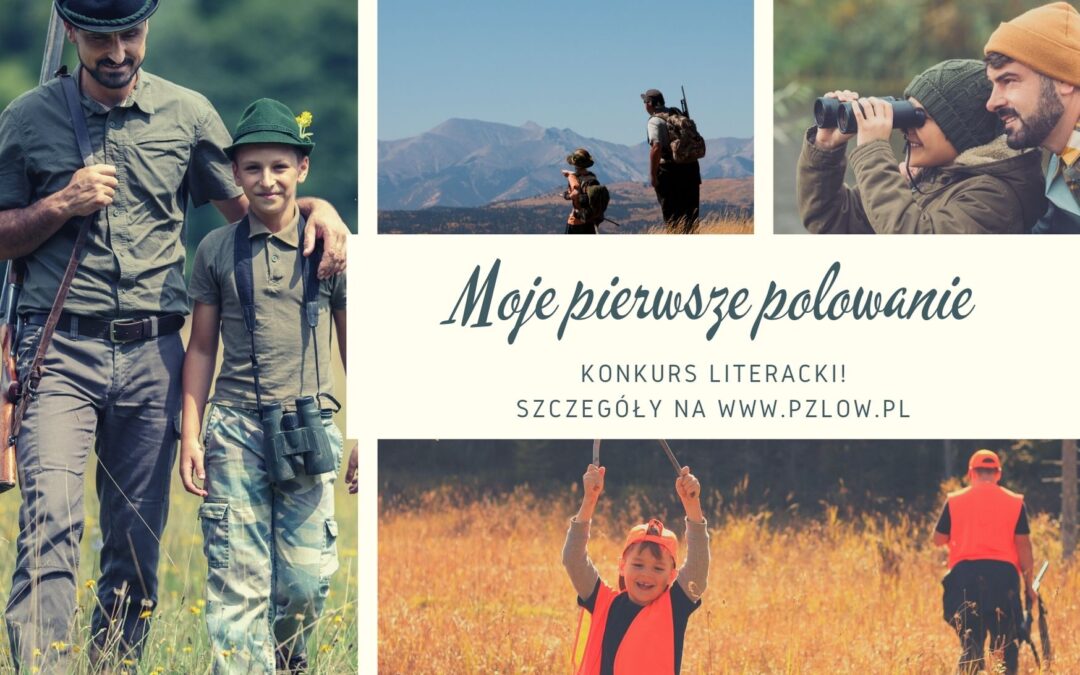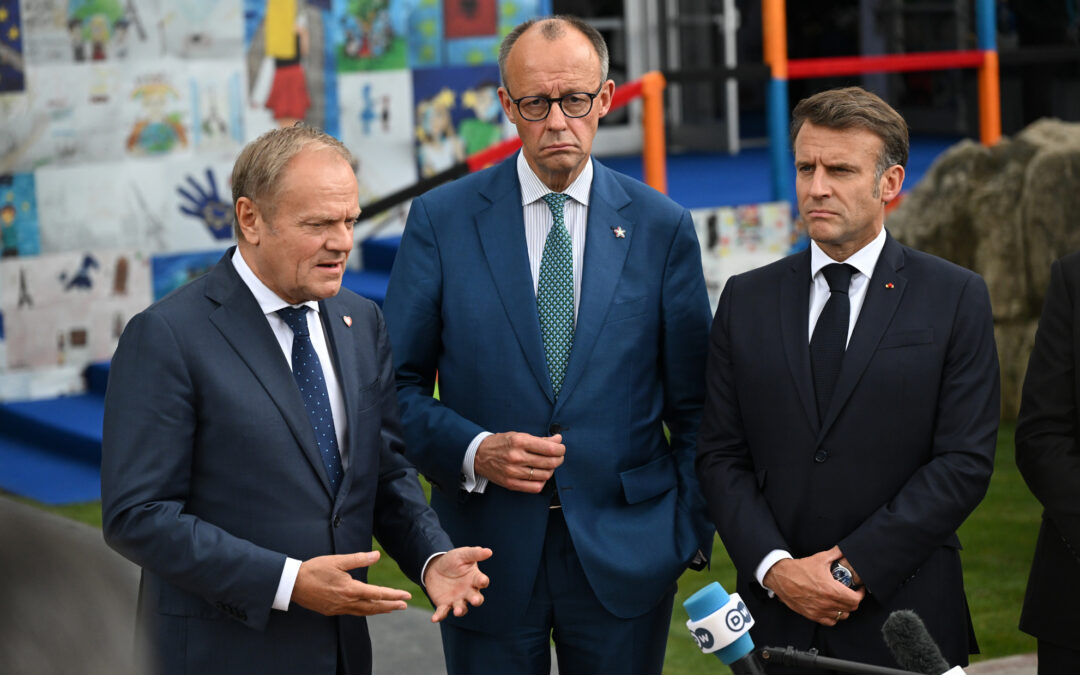The Polish Hunting Association has launched a short-story competition as part of its efforts to lobby against a ban on hunting by children.
The “My First Hunt” contest particularly encourages entries from children who experienced their first hunt just before March 2018, when a law prohibiting participation of minors came into force.
It follows previous efforts by the hunting lobby to reverse this law, including a citizens’ legislative initiative currently being considered by parliament. Supporters of the efforts claim parents should have the right to decide on their children’s activities, and that hunting does not encourage aggression.
Entries to the competition – which the association plans to run annually – should be short stories of no longer than 10,000 characters telling of the writers’ “authentic experiences and impressions” during their first hunt and why they subsequently developed a passion for hunting.
The contest is not only a “literary” competition, but will “demonstrate genuine emotions related to the first contact with hunting”, according to the organisation’s website.
Three winners will be selected in both the adult and child categories, with the best adult entrants winning vouchers worth 1,000 zloty for clothing and hunting accessories, and the winning children receiving vouchers worth 300 zloty. The six winning texts will also be published in Łowca Polski (Polish Hunter) magazine.
The 2018 law prohibiting the participation of children in hunts was passed after a lengthy campaign by children’s and animal rights groups.
In 2015, NGOs including UNICEF and the Committee for the Protection of Children’s Rights appealed to Poland’s then president Bronisław Komorowski for a ban. They cited provisions in the Polish constitution which ensure the protection of children’s rights, and argued that hunting causes psychological damage.
“We do not want to attack hunters, but it seems to us that mixing children into ethically questionable rituals is simply inappropriate”, explained Marta Skierkowska from the Nobody’s Children Foundation, quoted in Gazeta Wyborcza.
The campaign was also backed by psychologist Wojciech Eichelberger, who argued that “the participation of children in highly organised and technologically advanced procedures of mass killing of animals wounds and deforms their natural sensitivity, ability to be compassionate and empathetic, as well as respect for the natural world”.
A ban on children hunting was eventually passed by parliament in March 2018 and signed into law by the current president, Andrzej Duda, the same month. Adults hunting in the presence or with the participation of children now face a fine or up to a year’s imprisonment.
However, the hunting lobby has since campaigned for the law to be reversed. This included submitting to parliament a citizens’ initiative – a legislative proposal that has the support of at least 100,000 Polish citizens – to allow children to participate in hunting with their parents’ or guardians’ consent.
It stated that parents should be able to choose their children’s activities, and that hunting allows children to “absorb the natural world in a direct and authentic way”.
“These are not random children,” said, Dariusz Gwiazdowicz, a lecturer at the University of Life Sciences in Poznań who is a hunting activist and supporter of the proposal.
“They are children raised from an early age in the hunting tradition”, and the ban is “an attempt to discredit the work of hunters and to persuade people that hunting is wrong”.
Sprzeciwiamy się udziałowi dzieci w polowaniach! Wspieramy organizacje pozarządowe, aktywistki i aktywistów, żeby odrzucić ten obywatelski projekt. Niezależnie od tradycji łowczych, polowanie, zabijanie zwierząt jest naznaczone przemocą i cierpieniem. #NieDlaPolowańzDziećmi pic.twitter.com/SMBYb6QgpI
— Aleksandra Gajewska (@AGajewska) July 22, 2020
Mirosława Kątna, head of the Committee for the Protection of Children’s Rights, an NGO, however, responds that “if a family has a tradition of serving alcohol, it does not mean that it is necessary to give this alcohol to children”.
An SW Research poll in 2018 for Rzeczpospolita found that 80% of Poles believed hunting with children should be prohibited.
Opposition MPs also denounced the proposal to reverse the ban, with Małgorzata Tracz from the Civic Coalition (PO) party claiming it would introduce children “to the world of cruelty”, reports Gazeta Wyborcza.
Despite some cross-party support, the parliamentary committee for environmental protection, natural resources and forestry voted by 15 to 10 to reject the proposal in July. The bill, along with the committee report containing a motion to reject it, will now be debated in parliament.
Lewica okazuje się bardziej wolnościowa niż PiS. Mnie to już nawet nie zaskakuje. https://t.co/ZmhZNJkP5s
— Łukasz Warzecha (@lkwarzecha) July 23, 2020
Main image credit: Polski Związek Łowiecki/Facebook

Juliette Bretan is a freelance journalist covering Polish and Eastern European current affairs and culture. Her work has featured on the BBC World Service, and in CityMetric, The Independent, Ozy, New Eastern Europe and Culture.pl.




















